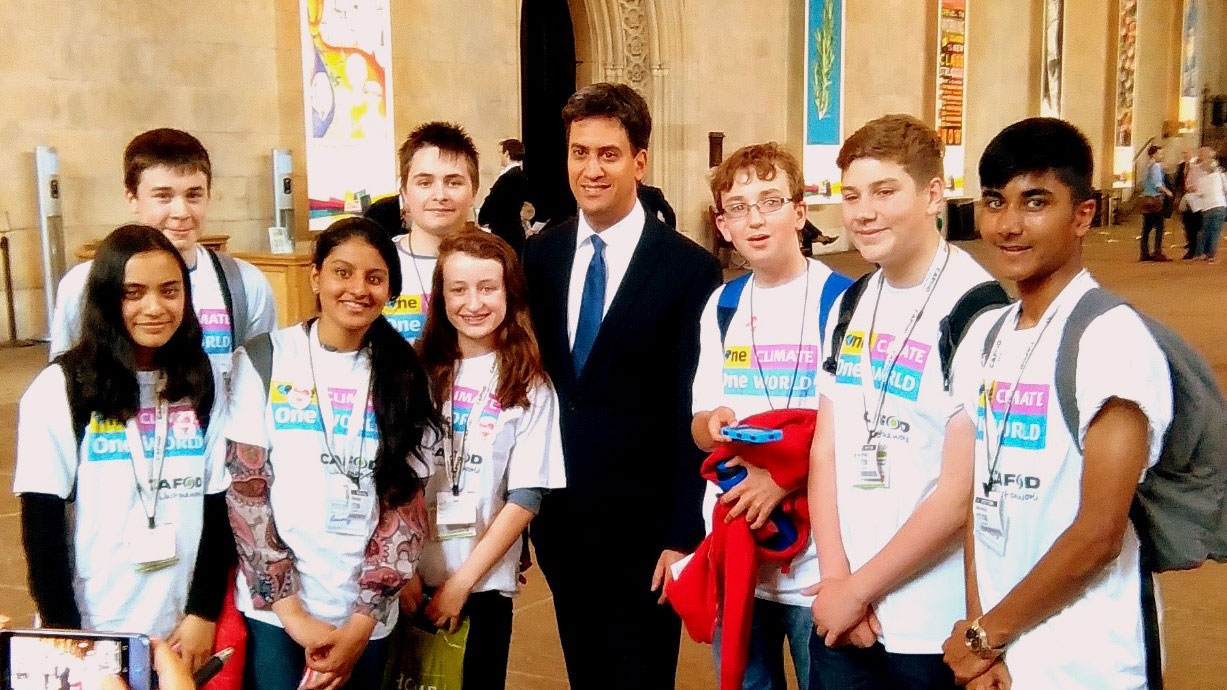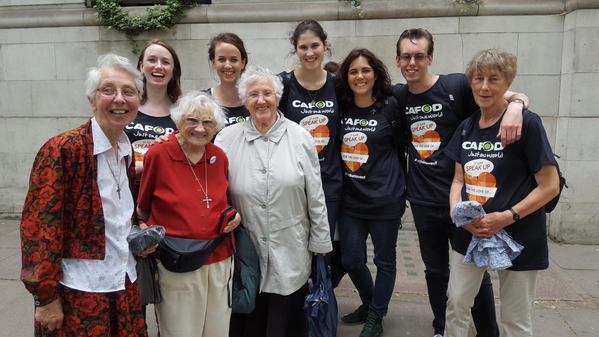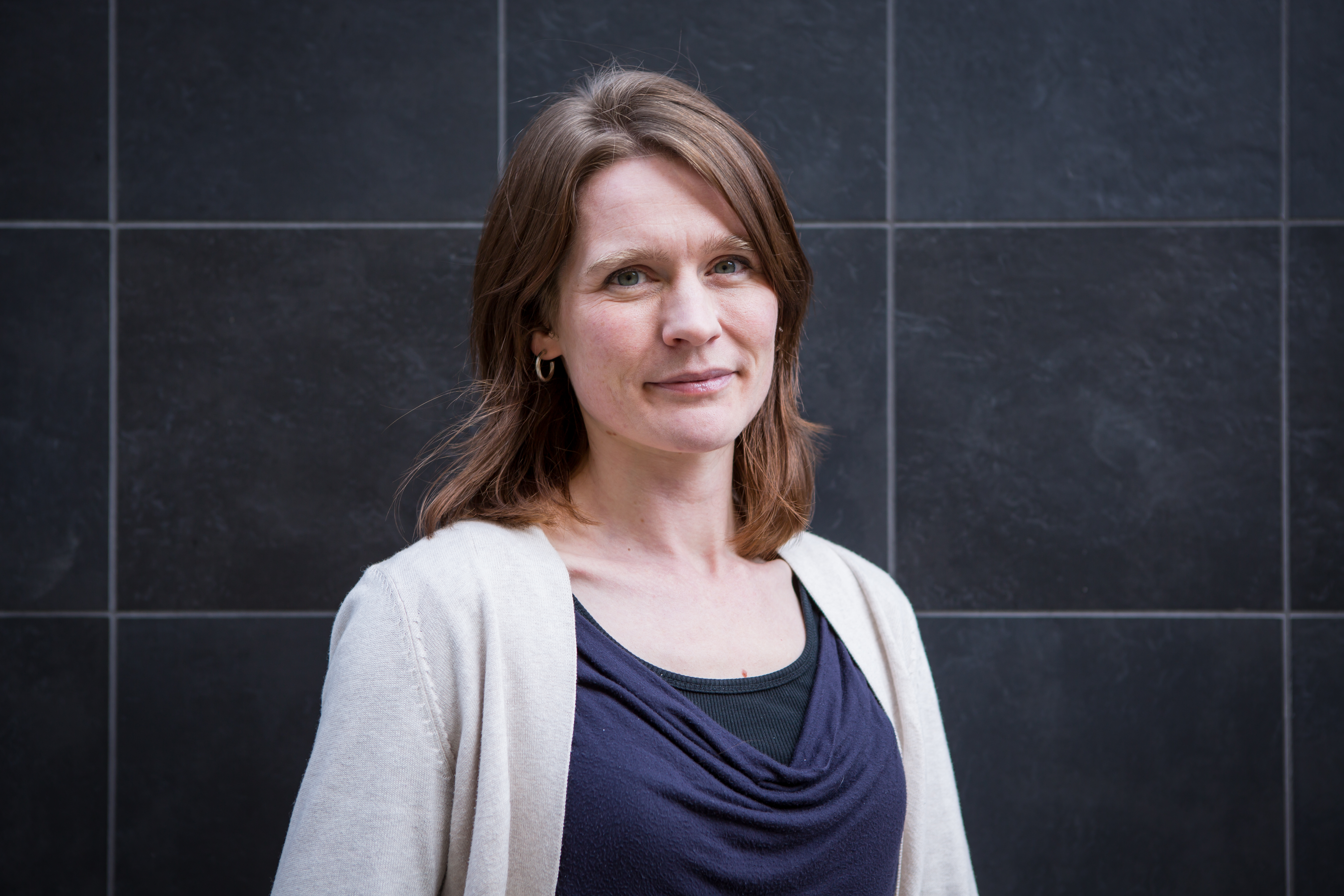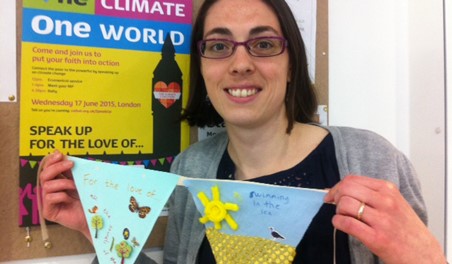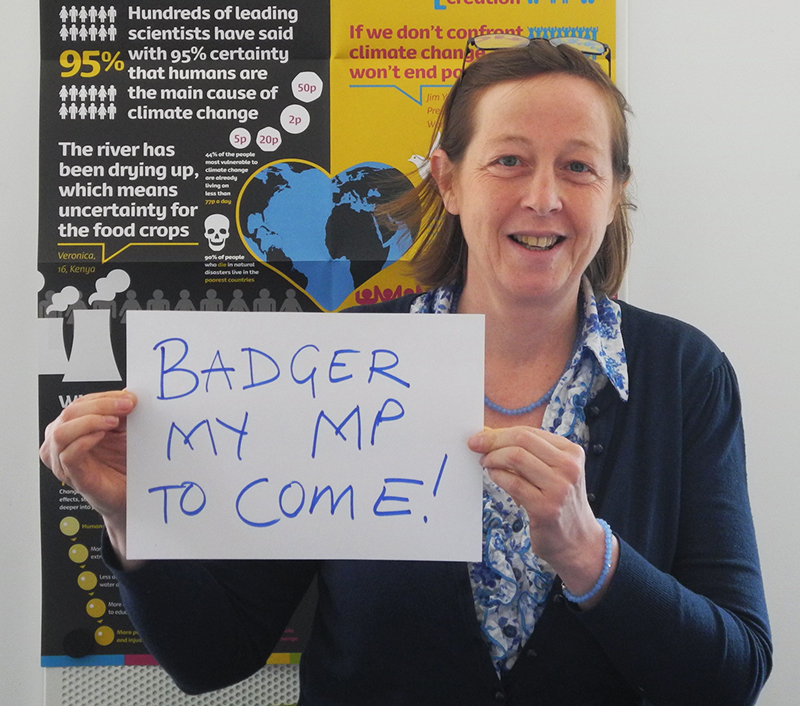Pope Francis speaks up for our common home
June 28, 2015
Cardinal Luis Antonio Tagle, from Manila in the Philippines, is President of CAFOD partner Caritas Internationalis. He reflects on Pope Francis’ encyclical and the devastating typhoon that hit his country in 2013.
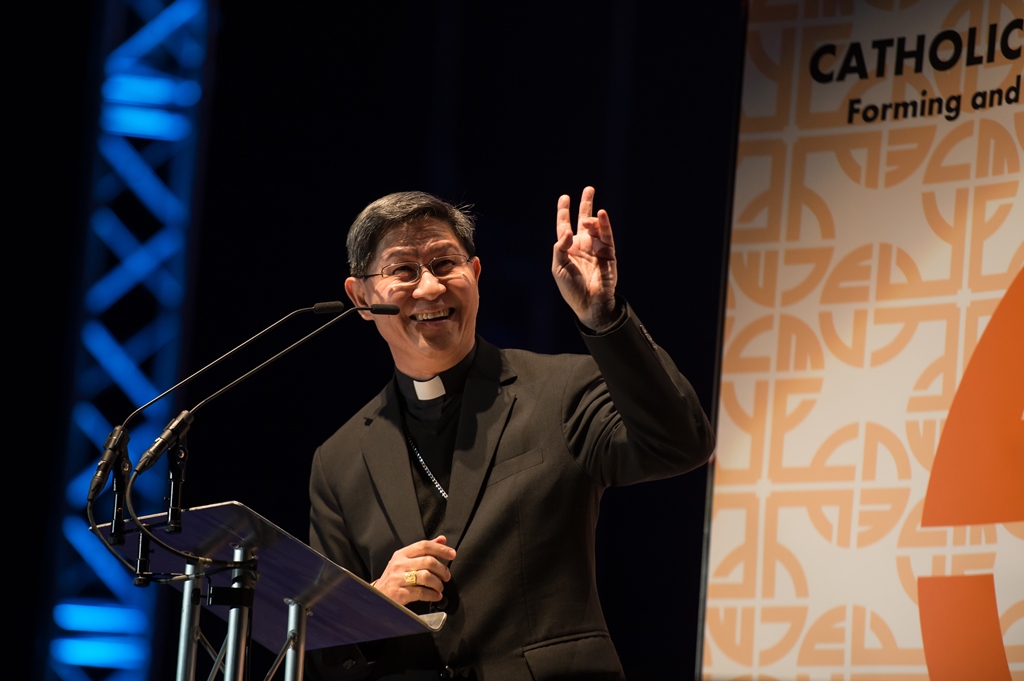 I do not need to tell the people in my country that we are living in a time of crisis. When Typhoon Haiyan caused widespread devastation across the Philippines in November 2013, it was immaterial as to whether it was caused by climate change or not; people suffered and the poorest were hit hardest. In such times of crisis what should our response be?
I do not need to tell the people in my country that we are living in a time of crisis. When Typhoon Haiyan caused widespread devastation across the Philippines in November 2013, it was immaterial as to whether it was caused by climate change or not; people suffered and the poorest were hit hardest. In such times of crisis what should our response be?
Climate change affects the dignity of the most vulnerable
In the Encyclical Laudato Si’ released this week, Pope Francis acknowledges the seriousness of climate change and how it is affecting the dignity of the most vulnerable, as well as the harmony between humans and nature. In the light of the Gospel of Creation, he calls us all to urgently respond to protect the gift of creation and the richness of life. He challenges us all, governments, businesses and citizens, to look deep within ourselves and find a common answer reflecting all peoples’ voices, for the appropriate response is not an easy or simple issue to be solved. This is a deeply rooted problem, which goes to the heart of who we are and our values.
Find prayers inspired by Laudato Si’
In line with his predecessors, Pope Francis is looking at the signs of the times that confront us. Laudato Si’ is a powerful and inspiring document calling us to a greater solidarity with the environment, a solidarity that binds the caring for people and caring for the environment. We must recalibrate our relationship with nature, the garden God has created for us, which we have looked upon as a subordinate to our desires and extracted from mercilessly without fear of the consequences.
The environmental crisis is affecting our brothers and sisters worldwide
I hear more and more from my brothers and sisters across the world about how the environmental crisis is already affecting them. CAFOD has reported that more than 400 million of the world’s poorest people – more than the total population of the USA and the UK put together – are most at risk from the impacts of climate change. The Intergovernmental Panel on Climate Change (IPCC) – the leading scientific authority on the issue whose findings are backed by governments worldwide – has said with 95 percent certainty in its 2013 report that humans are the main cause of climate change. Pope Francis writes that climate change is “one of the principal challenges facing humanity” where the “huge consumption on the part of some rich countries has repercussions on the poorest areas of the world.” Continue reading “Pope Francis speaks up for our common home”

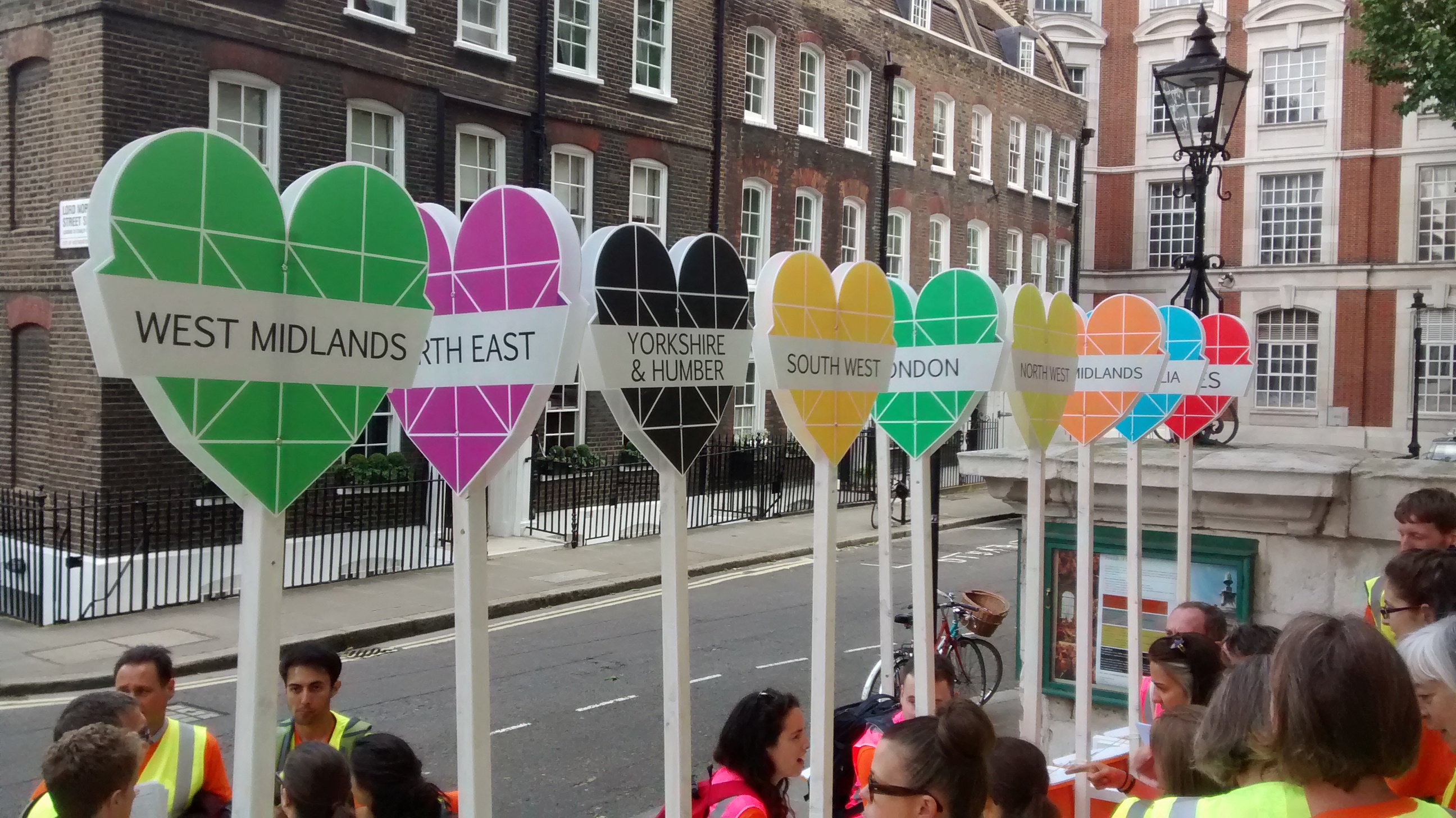
 “‘Willingness to rough it was the phrase that called out to me during the lead up to a two-day refugee simulation to Lee House, near Preston. A leap into the unknown – a new adventure! Armed with a sleeping bag, lots of warm clothes (as instructed!) and a bundle of mixed emotions, I arrived at Preston train station to be greeted by Sarah from CAFOD’s Youth Team, Joe from Lee House and a group of other youth ministry volunteers from all corners of the country.” (Annie, Bosco Volunteer Action)
“‘Willingness to rough it was the phrase that called out to me during the lead up to a two-day refugee simulation to Lee House, near Preston. A leap into the unknown – a new adventure! Armed with a sleeping bag, lots of warm clothes (as instructed!) and a bundle of mixed emotions, I arrived at Preston train station to be greeted by Sarah from CAFOD’s Youth Team, Joe from Lee House and a group of other youth ministry volunteers from all corners of the country.” (Annie, Bosco Volunteer Action)